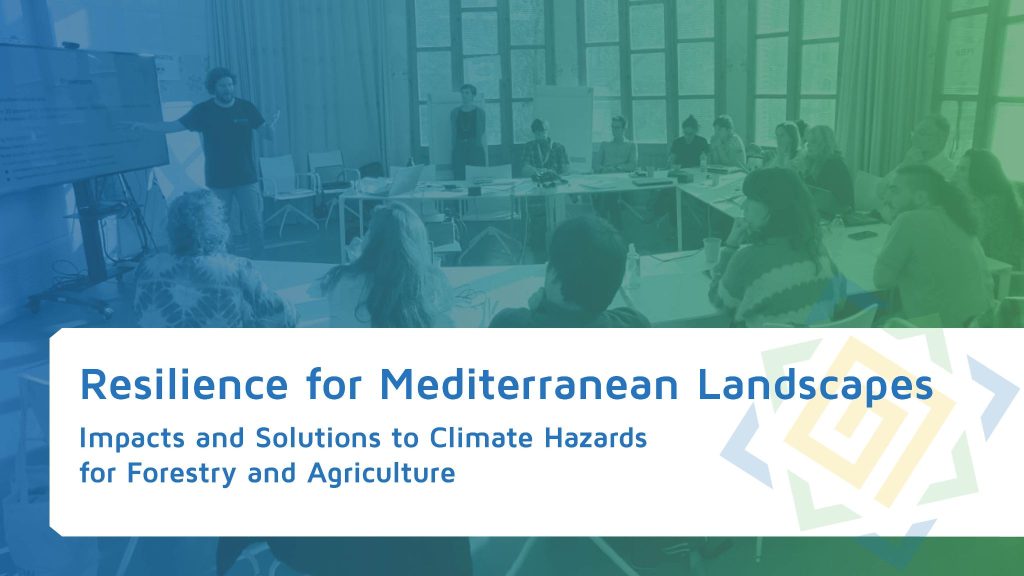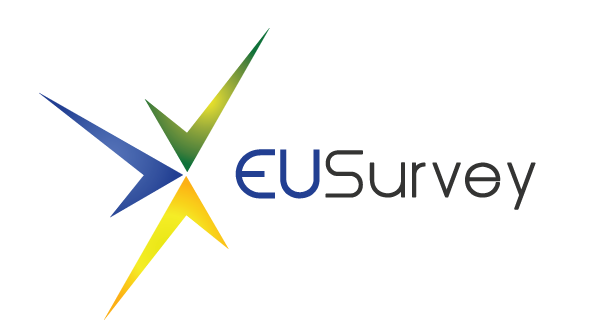We believe that only by working together we can achieve meaningful impact. That is why we created the LandNet and the LandLabs.
What is the LandNet?
The LandNet is a Mediterranean alliance on landscape resilience for forestry and agriculture. By engaging and training farmers, foresters, and other key stakeholders, the LandNet will continuously identify new cooperation and networks to improve and increase knowledge and good practices, also delivering an extensive range of easy-to-access material.
The ResAlliance team will engage and train farmers, foresters and other key stakeholders for knowledge transfer of managerial, technological, financial or governance solutions.
These stakeholders can participate in these activities and share knowledge with each other thanks to the LandNet. The LandNet is a networking tool created by ResAlliance in order to grow new cooperation and access, improve and increase the knowledge of solutions and good practices in the Mediterranean basin.
Connect with other professional and experts: join the LandNet!
Developed as part of the ResAlliance Project, this free Massive Open Online Course (MOOC) brings you the latest knowledge on how climate hazards (wildfires, droughts, desertification, floods and pests) are impacting the Mediterranean region.
Explore the forefront of sustainable practices with ResAlliance! If you’re a trailblazer addressing climate change in the Mediterranean, share your innovative story through captivating videos or compelling written narratives.
What LandNet will do?
The Landnet will allow capturing and interpreting most urgent needs while identifying and coupling unknown best practices in research and practice with these needs.
Compiling a comprehensive description of the state of current farming and forestry practices on landscape resilience to summarise and explain the added-value, the relevance and the cost/benefit aspects of the practices collected, avoiding duplication.
Delivering an extensive range of useful, applicable, appealing and easy-to-access material in many formats.
Why join the LandNet?
Stakeholders will be able to engage with the project in different ways:
- Collecting of all available raw knowledge in research and practice on landscape resilience in farming and forestry;
- Understanding the principal needs and challenged on landscape resilience;
- Discussing on how to implement integrated land management practices to improve resilience;
- Organizing a 3-month Massive Open Online Course (MOOC) on strategies to enhance Landscape Resilience in the agriculture and forest sector in Mediterranean;
- Outreaching and engaging stakeholders with practical selected best practices and solutions on landscape resilience, and networking of the LandNet through in-country trade fairs, exhibitions and other sector-specific events;
- Organizing two policy events on management practices and governance models to enhance resilience at landscape level of agricultural and forestry lands;
- Transfering key knowledge from LandLabs- tool to support knowledge transfer and activate regional landscape resilience solutions in 5 selected Mediterranean regions- to the LandNet by presenting an informative session in other key national-level forestry and agricultural events for practitioners in five other Mediterranean countries (three EU and 2 non-EU, must include France and Turkey);
- Setting all the practical knowledge collected in Resilience blog and forum.
Who can join the LandNet?
Individuals
Farmers, foresters, researchers, experts and many more!
Policy makers
Those who develop and determine guidelines and strategies regarding the most relevant issues for society and politics
Public authority/agency
Any government or other public administration, including public advisory bodies, at national, regional or local level
Research community
The community of researchers that work for, and provide research to, academia and not for profit organisations
Education community
Various individuals, groups, businesses, and institutions that are invested in the welfare and vitality of a public and private education and its community
Media or journalists
Mass communication (broadcasting, publishing, and the internet)/professionals responsible for gathering and organizing material and distributing the finished (and verified) pieces through various formats
Business and industry
Organizations or enterprises, including proprietorships, partnerships, firms, business trusts, joint ventures, corporation or association, whether or not operated for profit
Civil society organization
Non-profit, voluntary citizens’ group which is organized on a local, national or international level

